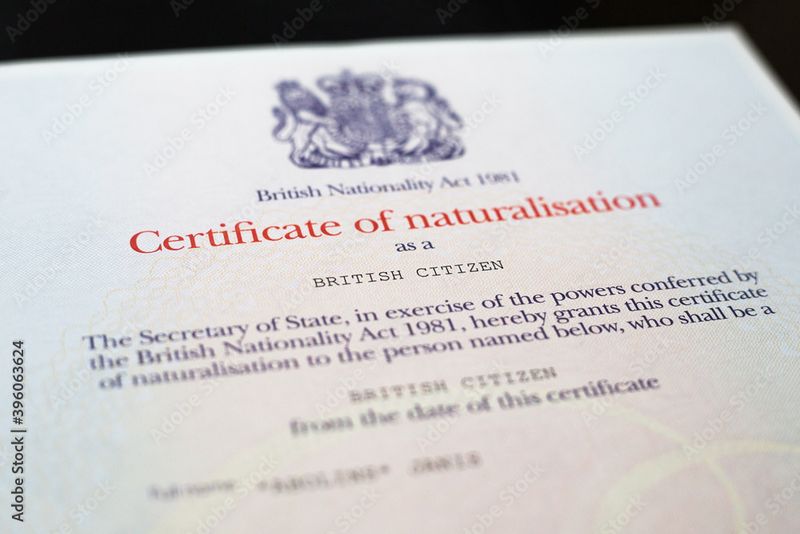
Citizenship law looks set to change: consider applying now, if you can


I review 2-3 citizenship applications a week, and have done so for several years. The majority of citizenship clients fall into two categories.
First, those applying as soon as they become eligible: for most, once they have held Indefinite Leave to Remain/settlement status for 12 months or more, usually chomping at the bit to be done with their ‘immigration journey’.
Second, and probably the larger group, are those who have not got around to it: maybe they couldn’t face studying for the life in the UK test, or they lost the will to live trying to piece together their absences over the last 5 years.
Sometimes this second cohort leave their applications for citizenship for years, and have happily existed in the UK with Indefinite Leave to Remain/settled status in the meantime.
Historically, this has not been an issue, with no massive difference for most people living in the UK holding settlement status versus being British.
But the process of applying for citizenship is set for a major overhaul, and which may make it harder to become British.
Plus not being British in Britain – even as a settled resident – is becoming less straightforward with the need to keep updated an electronic eVisa in order to come and go from the country.
‘Earned citizenship’
The government outlined in its proposals for changes to immigration law in the next few years (Immigration White Paper (May 2025)), including proposals for overhauling citizenship rules. It has said that it will
… introduce reforms to citizenship to align to earned settlement reforms, building on the expansion of the Points-Based System to settlement and citizenship.
…Similar to Earned Settlement, we will increase the standard qualifying period and expand the Points-Based System to allow those with greater contributions to qualify sooner
The main proposed change therefore appears to be an increase to the qualifying period. (For settlement, the proposal is to increase the qualifying period from 5 to 10 years.)
At the moment, in most cases, the qualifying period for citizenship by naturalisation is 5 years, with at least one year holding Indefinite Leave to Remain/settlement status (so effectively 6 years for most).
The proposals - so far as we can make out - would see this qualifying period doubled.
Discounts to the length of the new citizenship qualifying period are proposed to be available for those who have ‘contributed to the UK’ (NB what this means is not explained in the White Paper).
It is important to note that these are proposals only, and there is much we do not know.
The proposals will be subject to public consultation at some stage this year (2025), and there are examples of proposals in previous immigration White Papers which have not come into effect.
However, if the qualifying period is extended to align with the proposals on settlement - meaning that it would rise from 5 years to 10 years in many cases - then, apart from being arguably the biggest change to British nationality law in a generation, it would likely impact the eligibility of hundreds of thousands of people to apply to naturalise in the UK.
Can I apply now?
In terms of timelines, we do not when any proposed changes would be implemented (but likely to be at least several months from this stage (May 2025)).
But the direction of travel of the government is clear: it doesn't look they are going to make it easier to naturalise as a British citizen.
So if you are eligible to apply for citizenship, and especially if you are part of that second group who have put off their application for years, I would consider applying now, before any changes to the rules come into effect.
If you want an overview of the requirements and the evidence, check out our explainer How to apply for British Citizenship: what evidence is required?
If you want a walk-thru talk-through of the online application form, take a look at our guide How to complete
your British Citizenship Application.
If you are worried about exceeding the absences threshold, remember that discretion can be exercised under current rules, especially if pandemic related. The government guidance is here.
And we offer a popular review service if these (free) resources are not enough, and you want everything
checked over in a one-off session.
This post is intended to provide general background on the relevant issues and does not constitute legal advice. The law may have changed since the date this article was published. You should always take legal advice relating to your individual circumstances.